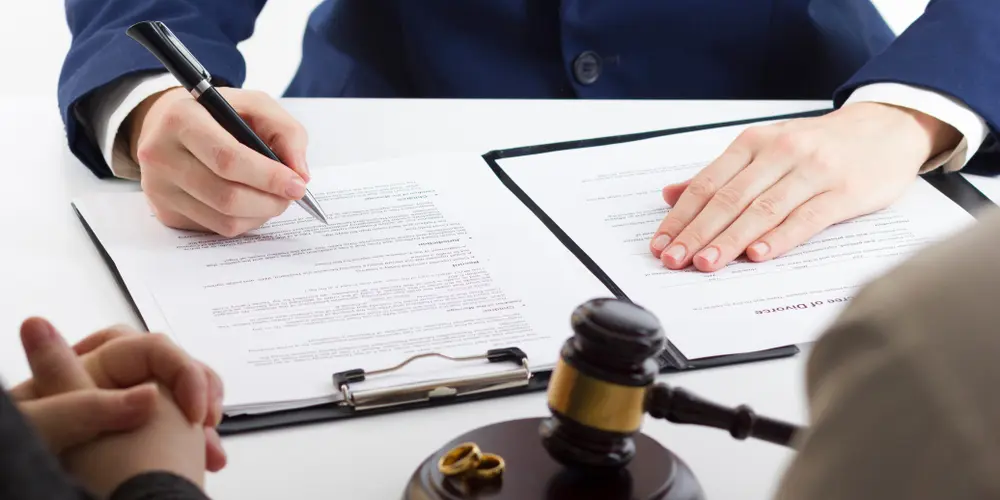
Many people are confused about what it means to go to court. Some think it is an informal legal process where a discussion takes place, a decision is made, and the divorce is final. In fact, there may be several court hearings throughout the case in an attempt to resolve the issues. Whether it is the first court hearing to get temporary court orders, or a hearing where the Judge makes a final decision, our firm helps our clients prepare for their hearing, so they are prepared when we go to court.
Preparing by Providing Our Attorneys the Information They Need to Prepare for Court
We begin by asking clients:
- To prepare a chronology of their relationship and the issues involved in the divorce, as well as a list of people who might be able to testify. This gives us a starting point to know which witnesses we want to call and what we need to ask them.
- To prepare a financial information statement and income records which are required to be offered as exhibits at a temporary hearing.
- To provide screenshots of emails, text messages and social media pages, as well as photographs of the client and their child or children doing family activities and pictures of the home where the child resides.
- To be well-rested and get a good night’s sleep the night before going to court. This is not the time to go out drinking and partying. It is important to have a clear head at the hearing in order to answer the questions presented by attorneys on each side of the case.
Preparing to Answer Questions in Court
We discuss the ways in which questions will be asked in court. Hints for being on the witness stand include:
- Listen carefully to each question that is asked.
- We ask questions that call for detailed answers, called “direct questions.” Ours are the “who, what, when, where, why and how” questions. We want our clients to provide as much information as possible in their answers.
- When answering questions asked by the other side, answer as briefly as possible. Do not provide extra information and when possible, answer only “yes,” “no,” or “I cannot answer that question with a yes or no response.” Always be polite no matter how much the question may irritate you. We will follow-up in our questions and give you a chance to explain.
- If there is an objection, stop answering and wait for the judge to rule on the objection. Either the judge or the attorney will instruct you on whether to continue your answer.
- Be polite no matter what.
- Dress appropriately for court. No flip-flops, no torn jeans, no clothing that is too revealing or too tight, and no shorts.
For More Information About Divorce Contact an Experienced Dallas Family Law Attorney
To schedule a free initial consultation with a Dallas Family Law Attorney, contact Paula Lock Smyth Law Offices at 214-420-1800.
Paula Lock Smyth has practiced law in Texas since 1985, focusing on Family Law, Probate, Mediation, and Collaborative Divorce. She is a trained mediator, seasoned litigator, and one of the early adopters of Collaborative Divorce in Texas. Paula is a member of the State Bar of Texas, the College of the State Bar and the Texas Bar Foundation and has served as Past President of Dallas Lawyers Concerned for Lawyers. She was a Master in the Annette Stewart Inn of Court and is a Charter Member of the Collaborative Law Institute of Texas. Her legal knowledge and decades of experience make her a trusted voice on matters that impact families across Dallas and surrounding counties.
